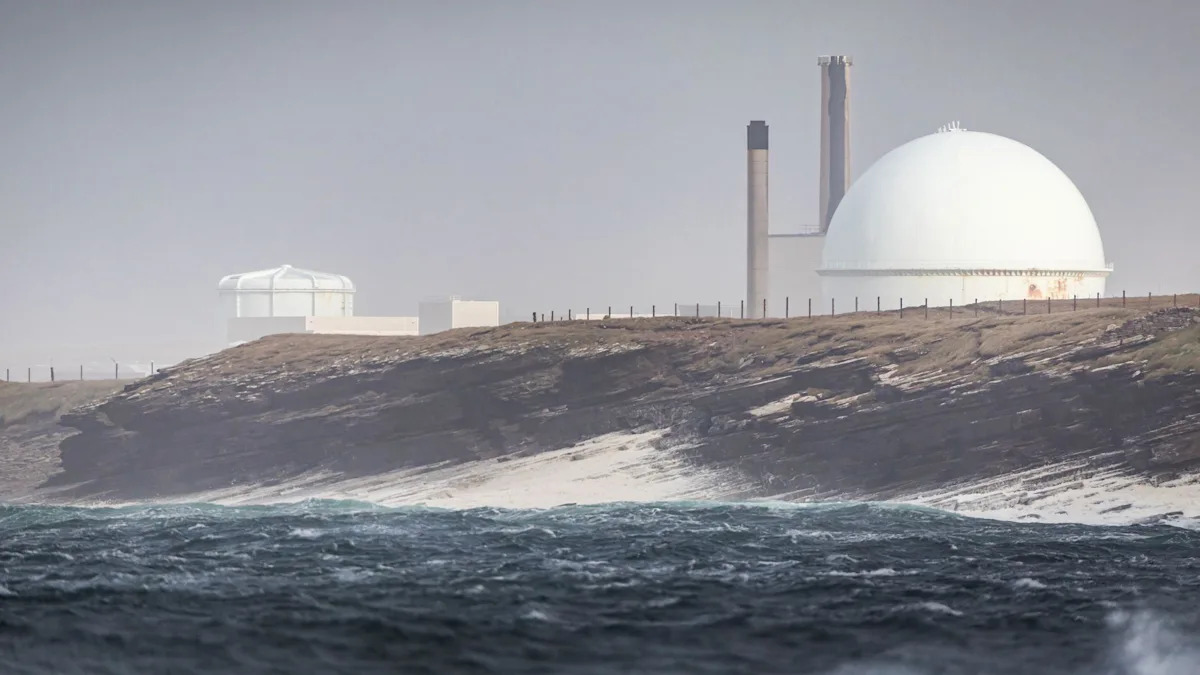Home / Environment / Highly Radioactive Fragment Found Near Dounreay Nuclear Site
Highly Radioactive Fragment Found Near Dounreay Nuclear Site
22 Oct
Summary
- Most radioactive particle detected in 3 years at Dounreay
- Irradiated nuclear fuel particles entered drainage system in 1960s-70s
- Significant-category particle found during routine monitoring

In a concerning development, the operator of the Dounreay nuclear site in Scotland has revealed that the most radioactive particle detected in the last 3 years was found near the facility in April 2025. The fragment, which has been categorized as "significant", is a legacy of industrial practices dating back to the 1960s and 1970s when irradiated nuclear fuel particles entered the site's drainage system.
Cleanup efforts to address this pollution have been ongoing since the 1980s, after the particles were first discovered washed up on the nearby foreshore. However, the latest discovery during routine monitoring around the nuclear power plant, near Thurso, highlights the persistent challenge of managing this radioactive waste.
Dounreay, which was established 70 years ago as an experimental nuclear power site, is currently in the process of being closed down, demolished, and cleaned up. The site's operator has emphasized their commitment to environmental protection, which includes the monitoring and removal of these radioactive particles from the marine environment.




